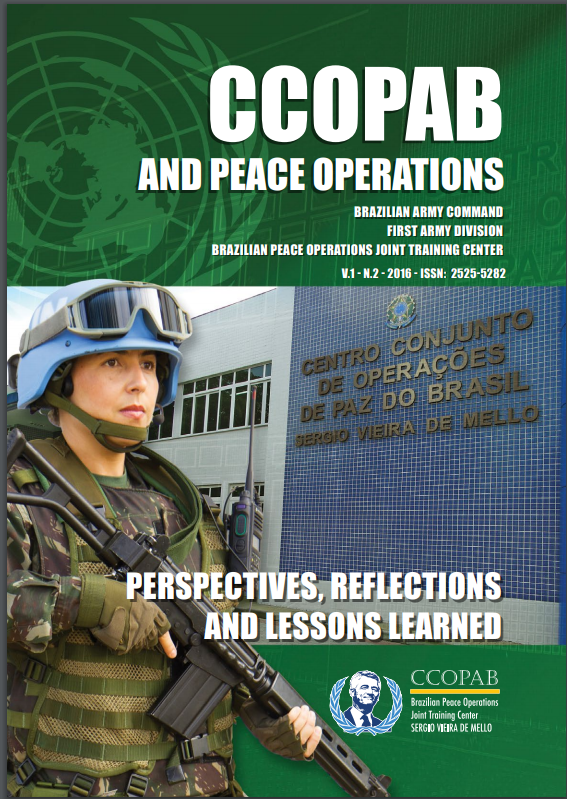High-Level Independent Panel on Peace Operations (hippo)
##plugins.themes.bootstrap3.article.main##
Resumo
UN PKOs have proved great adaptability and significantly contributed to the successful settlement of disputes and their decline along two recent decades. Today, however, there is evidence of an uncomfortable reversion of some trends and a generalized concern for the changes that might affect PKOs capability to respond to conflicts. The spread of extreme violence between regional conflicts and the growing demands for changes from the populations have been pressing Governments and the international system to respond to these new challenges. UN PKOs make an effort to reach their objectives; changes are needed to adapt them to the new circumstances
and to ensure the raising efficiency and the appropriate use in the future. It is true that if UN keeps its current status quo, it has its credibility and efficiency affected, mainly in terms of providing peace and security, conflict prevention and settlements of disputes, overexposure of personnel in risky areas and management capabilities, among others. From that viewpoint, UN Secretary-General established the High-Level Independent Panel on Peace Operations, in order to focus on issues confronting Peace Operations and Special Political Missions such as: change of nature of conflicts, evolution of mandates, challenges to the good offices and to Peacebuilding, managerial and administrative arrangements, planning, partnerships, HR, POC, operational capabilities of uniformed personnel, performance and others. The Panel was based on many sources to support the analysis and recommendations, on previous studies with similar objectives, visits to capitals and specific areas, deployed mission areas in the field and several contributions from Member States and international institutions. By means of great accuracy, this research made the establishment of a sequential coherence possible, providing meaning to the information presented in the final report. The implementation of the Panel recommendations greatly depends on the decision and will from various actors. Nevertheless, the decision of the Secretary-General for the realization of the study indicates a strong goodwill from the authority to support the implementation. It is expected that the recommendations come into effect in nearly two decades.

